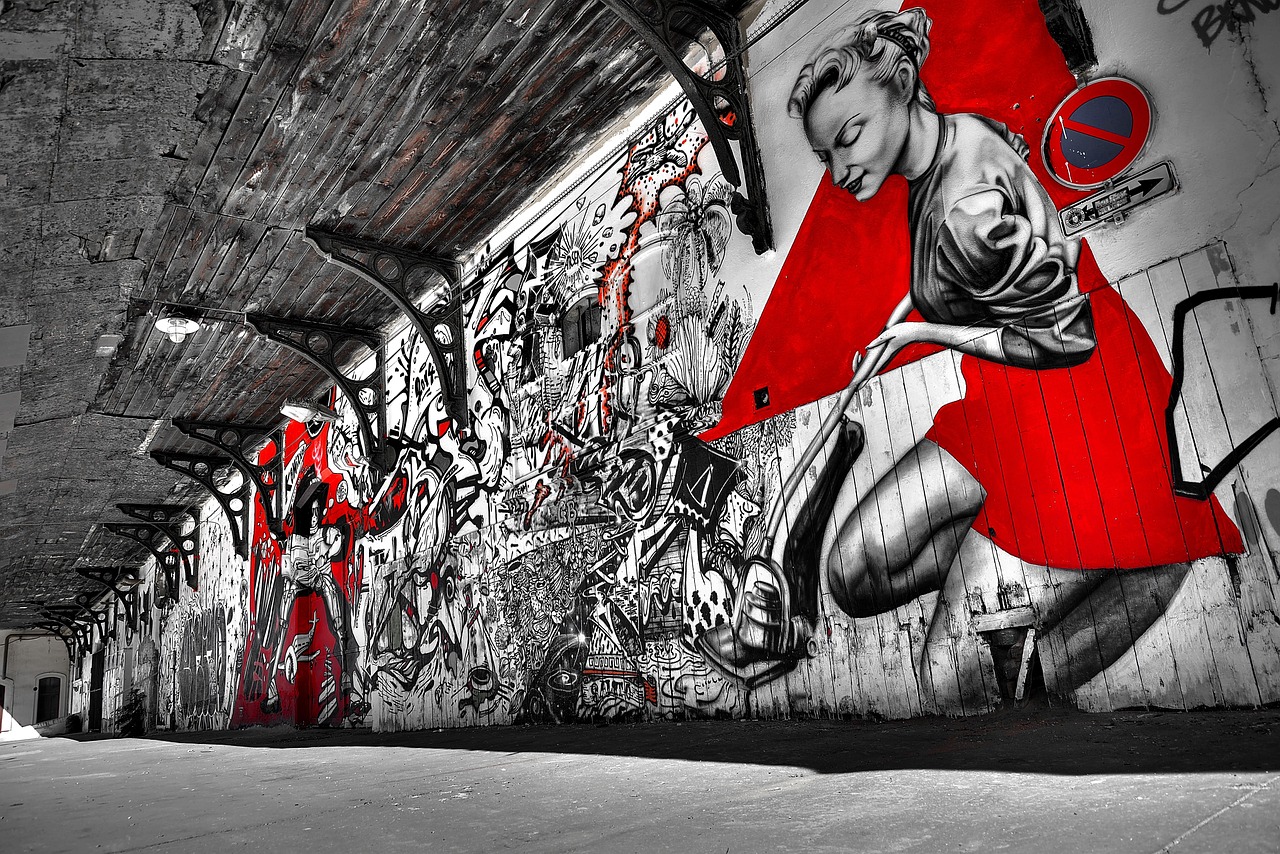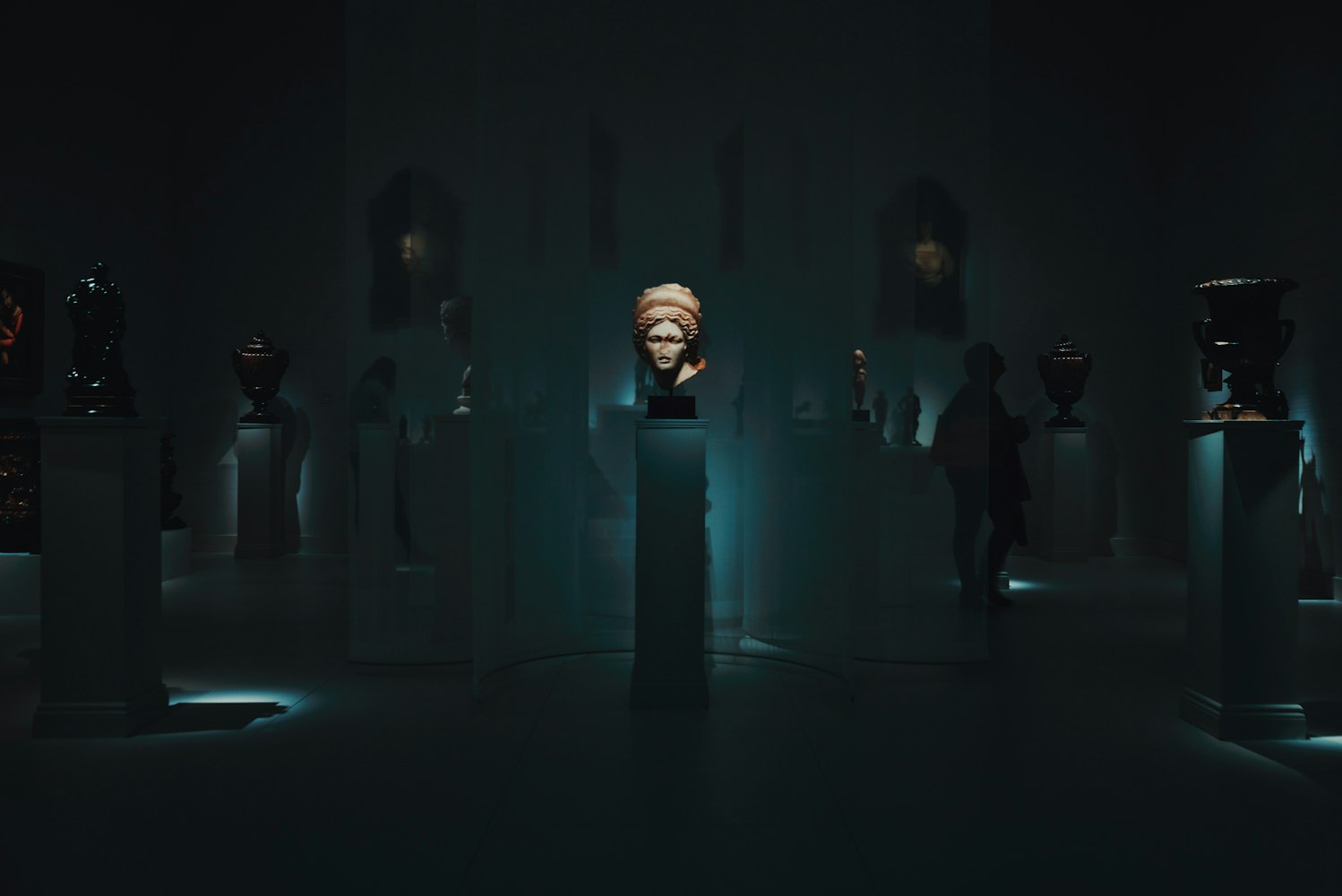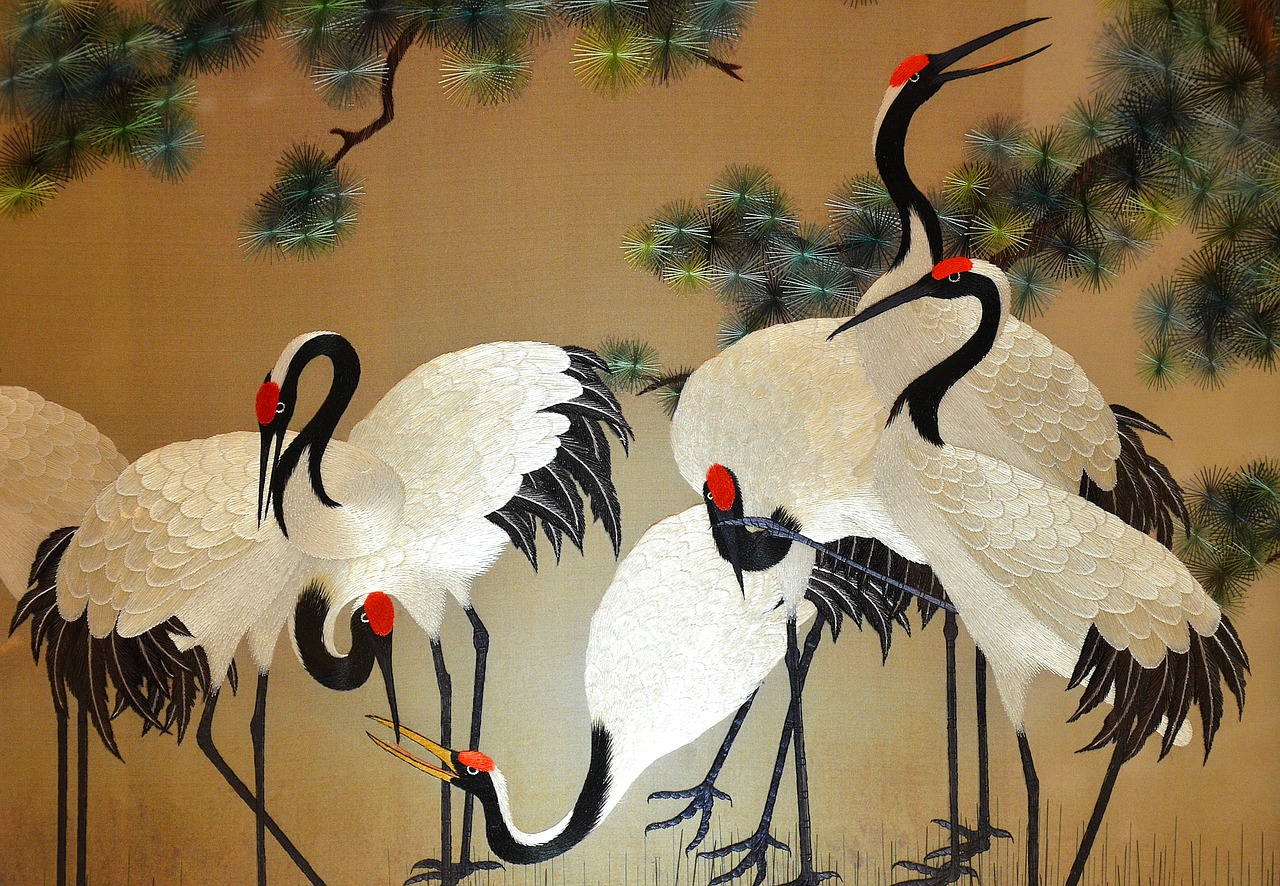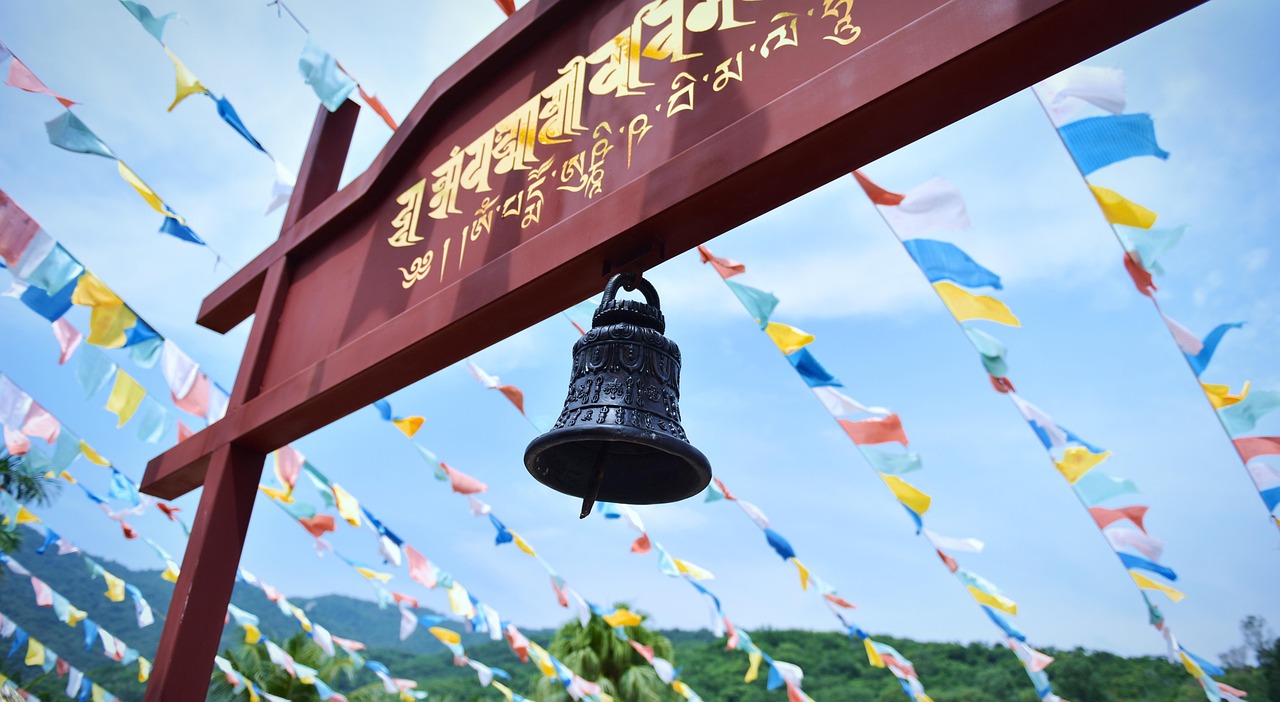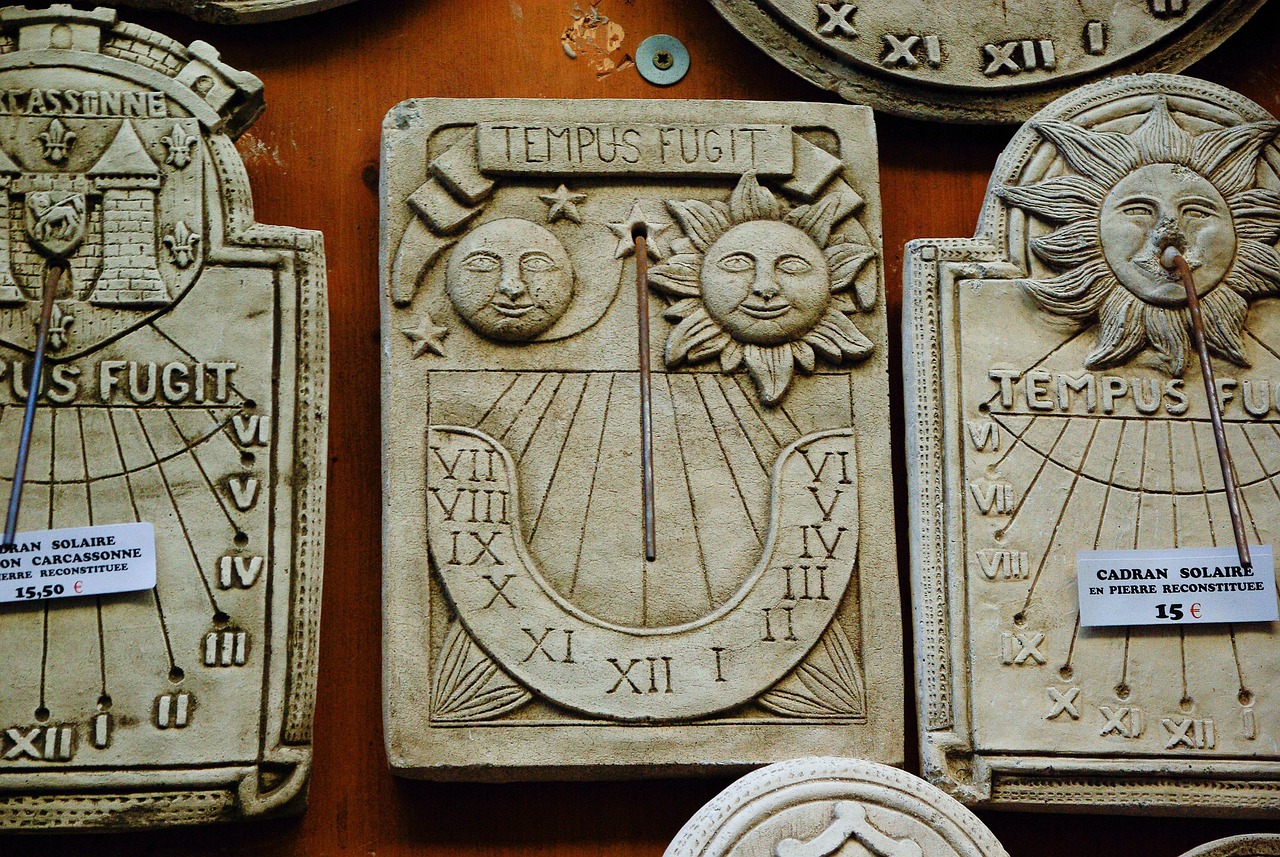In an era where globalization and technological advancements are rapidly transforming societies, the importance of preserving traditional culture cannot be overstated. Traditional culture is the soul of a nation, a living testament to the wisdom and creativity of its ancestors, and a vital source of identity and continuity for its people. This essay aims to explore the significance of cultural heritage in the modern world, examining its role in fostering a sense of belonging, promoting diversity, and ensuring the resilience of societies in the face of change.
Cultural Identity and Continuity
At the heart of traditional culture lies the concept of identity. It is through the shared experiences, stories, and practices of the past that individuals and communities come to understand who they are and where they come from. This sense of identity is crucial for personal development and social cohesion. It provides a framework for understanding the world and one's place within it, offering a sense of stability and continuity amidst the uncertainties of life.
In the English-speaking world, for instance, the rich tapestry of folklore, literature, and customs that make up British culture has been passed down through generations. From the legends of King Arthur to the works of Shakespeare, these cultural artifacts have shaped the national consciousness and continue to resonate with people today. They serve as a reminder of the country's history and its collective achievements, fostering a sense of pride and belonging among its citizens.
Cultural Diversity and Global Understanding
Traditional culture is also a testament to the diversity of human experience. Each culture has its own unique set of values, beliefs, and practices that have evolved over time in response to specific environmental, social, and historical conditions. By preserving and celebrating these differences, we enrich our understanding of the world and promote tolerance and respect for other ways of life.
In a globalized world where people from diverse backgrounds increasingly interact, the ability to appreciate and learn from different cultures is more important than ever. Traditional culture provides a window into the lives of others, allowing us to see the world through their eyes and gain insight into their perspectives. This understanding can help to bridge cultural divides and foster cooperation on a global scale.
Economic and Social Benefits
Beyond the intangible benefits of cultural preservation, there are also practical reasons to value traditional culture. In many regions, cultural heritage is a significant driver of economic growth. Tourism, for example, often thrives on the appeal of unique cultural experiences, from visiting historical sites to participating in local festivals and events. These activities not only generate income but also create jobs and support local businesses.
Moreover, traditional crafts and industries can provide a sustainable source of income for communities, preserving skills and knowledge that might otherwise be lost. In countries like India and China, traditional arts such as silk weaving and porcelain making have been passed down through generations, becoming an integral part of their cultural and economic identity.
Cultural Resilience and Adaptation
Traditional culture is not static; it is dynamic and constantly evolving. It has the ability to adapt to new circumstances while retaining its core values and essence. This resilience is a key factor in the survival and success of societies, allowing them to draw on the wisdom of the past to navigate the challenges of the present and future.
In the face of rapid change, traditional culture can provide a sense of stability and continuity, helping people to maintain a connection with their roots and a sense of identity. It can also serve as a source of inspiration and innovation, with many modern artists, designers, and entrepreneurs drawing on traditional motifs and techniques to create new and exciting products and experiences.
Challenges and Solutions
Despite the many benefits of preserving traditional culture, there are significant challenges to doing so in the modern world. Urbanization, industrialization, and the spread of global consumer culture can all threaten the survival of traditional practices and ways of life. However, there are also many ways in which individuals, communities, and governments can work together to protect and promote cultural heritage.
Education plays a crucial role in this process. By integrating traditional culture into school curricula and promoting its study and appreciation, we can ensure that future generations understand and value their cultural heritage. Museums, cultural centers, and community events can also provide platforms for showcasing and celebrating traditional culture, fostering a sense of pride and ownership among the public.
Technology can also be harnessed to support cultural preservation. Digital archives and databases can help to document and safeguard traditional knowledge and artifacts, while social media and online platforms can provide new avenues for sharing and engaging with cultural heritage.
Conclusion
In conclusion, the preservation of traditional culture is of paramount importance in the modern era. It is a bridge to the past, a source of identity and continuity, and a wellspring of diversity and inspiration. By valuing and protecting our cultural heritage, we can ensure that it continues to enrich our lives and contribute to the resilience and success of our societies. As we navigate the challenges of the future, let us remember the wisdom of the past and the power of our shared cultural legacy.
This essay has explored the multifaceted significance of traditional culture in the modern world, emphasizing its role in fostering identity, promoting diversity, and ensuring resilience. It has also highlighted the practical benefits of cultural preservation, such as economic growth and social cohesion, and discussed the challenges and solutions associated with safeguarding cultural heritage in the face of rapid change. By recognizing and valuing the importance of traditional culture, we can ensure that it continues to play a vital role in shaping our world for the better.



